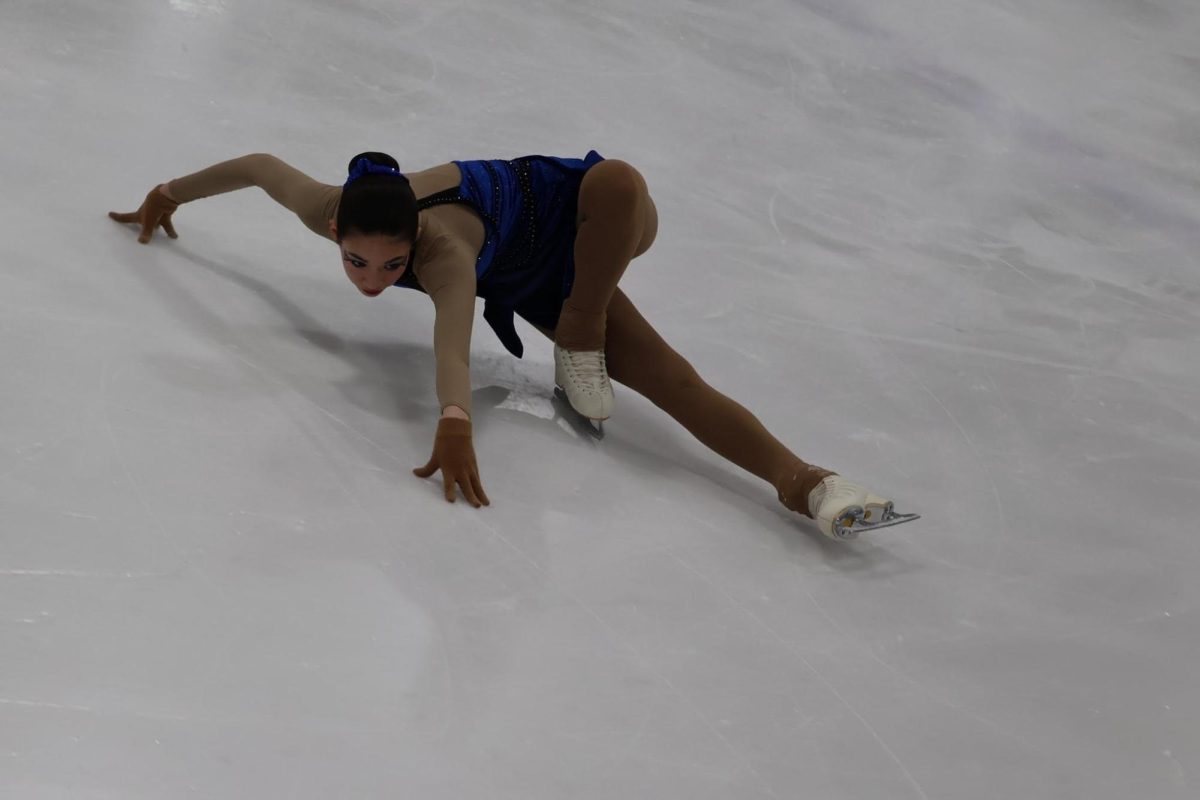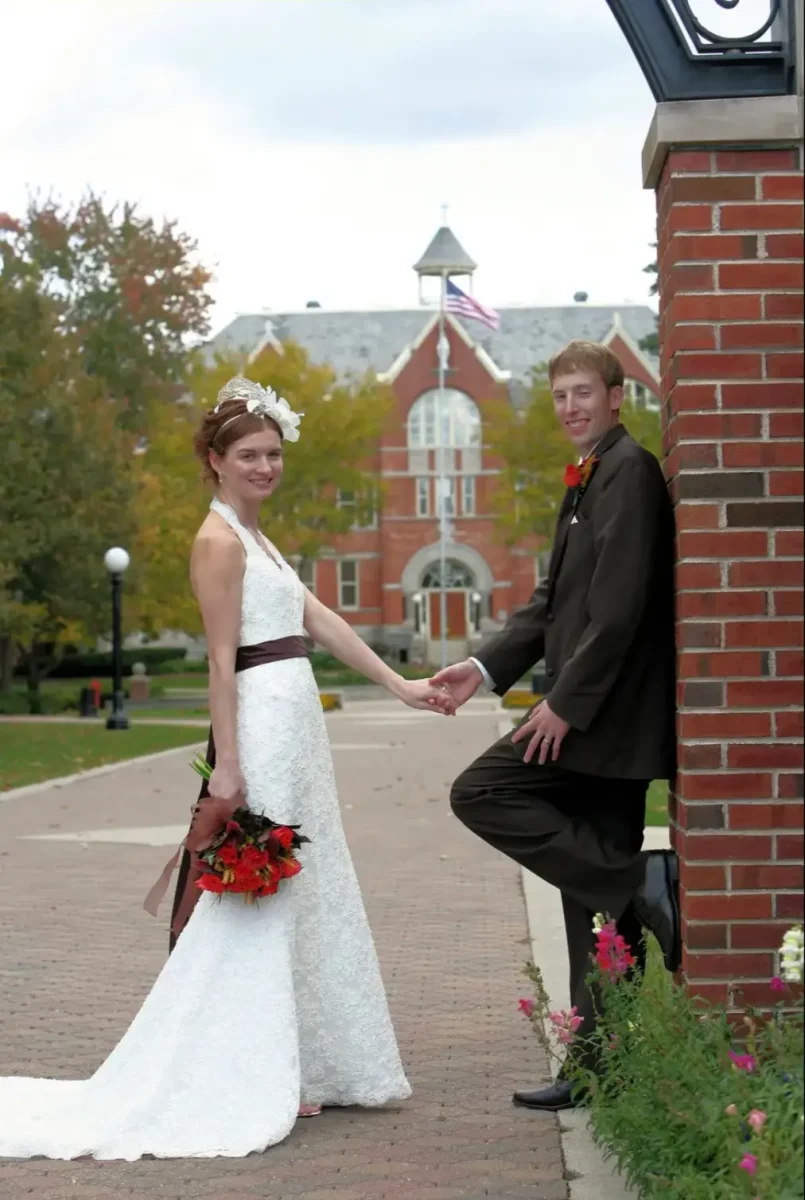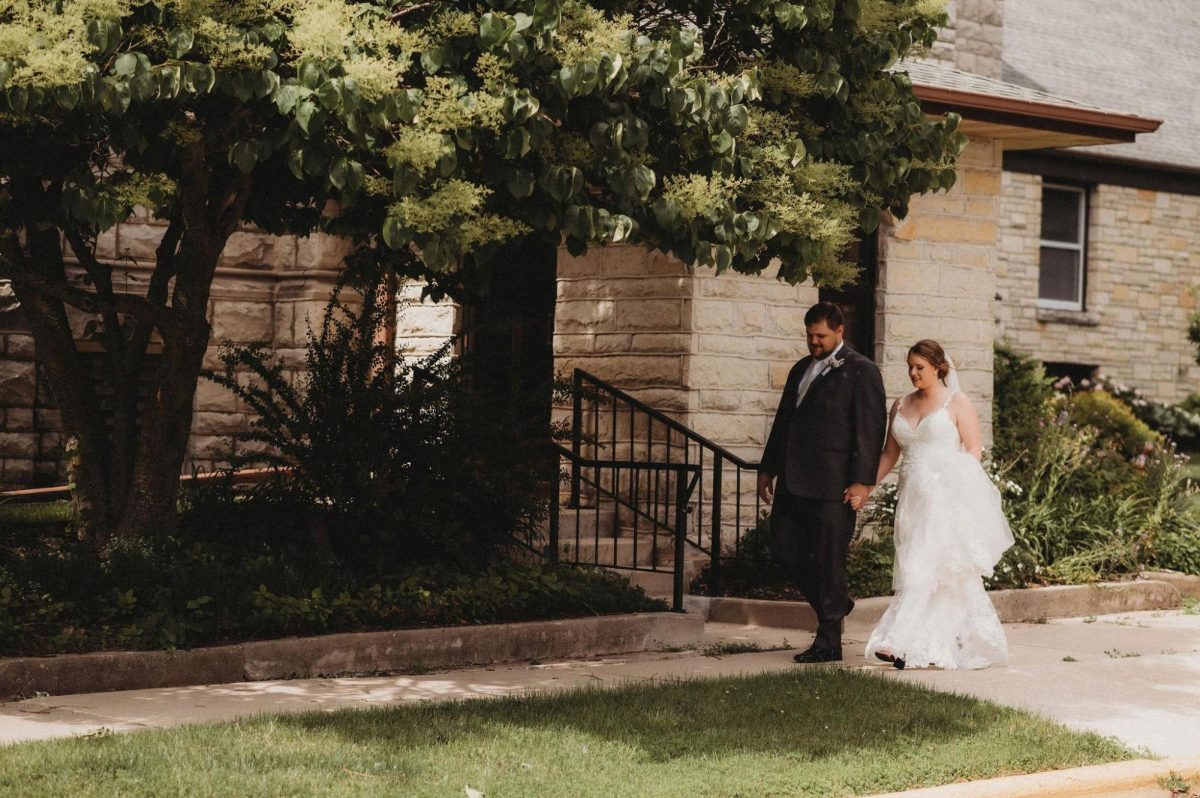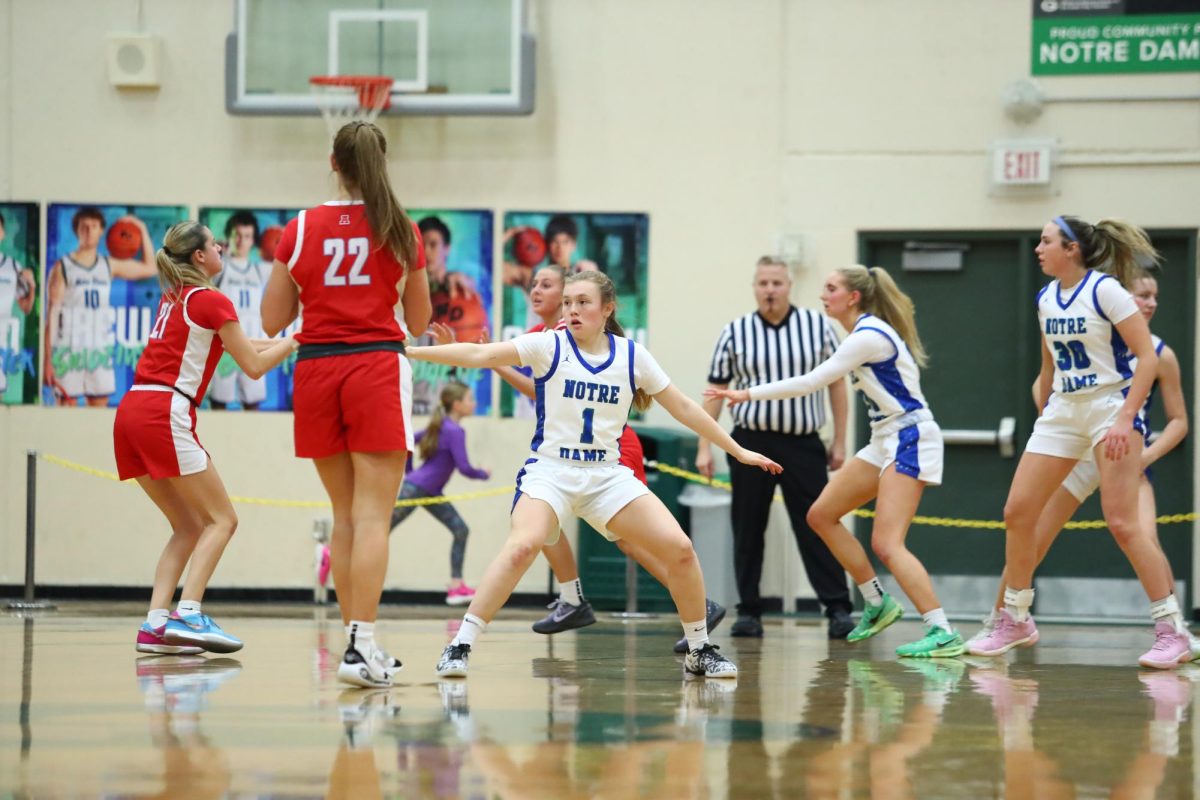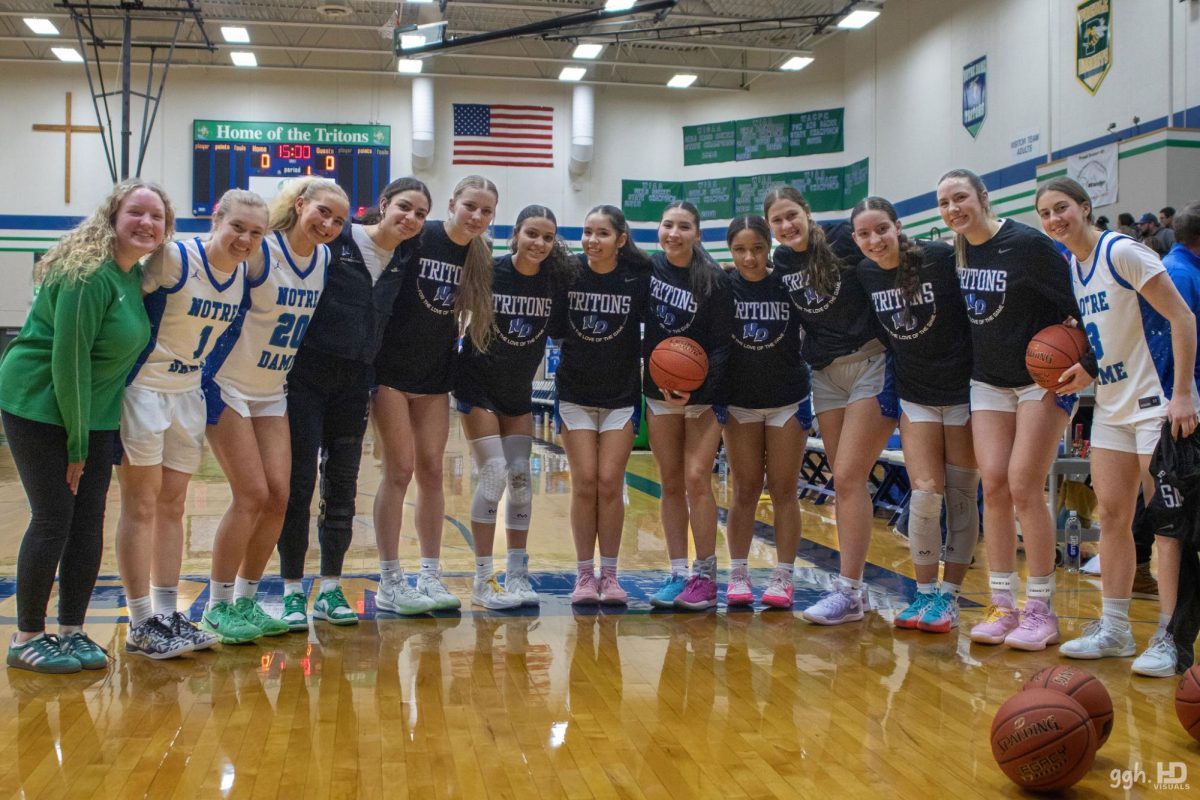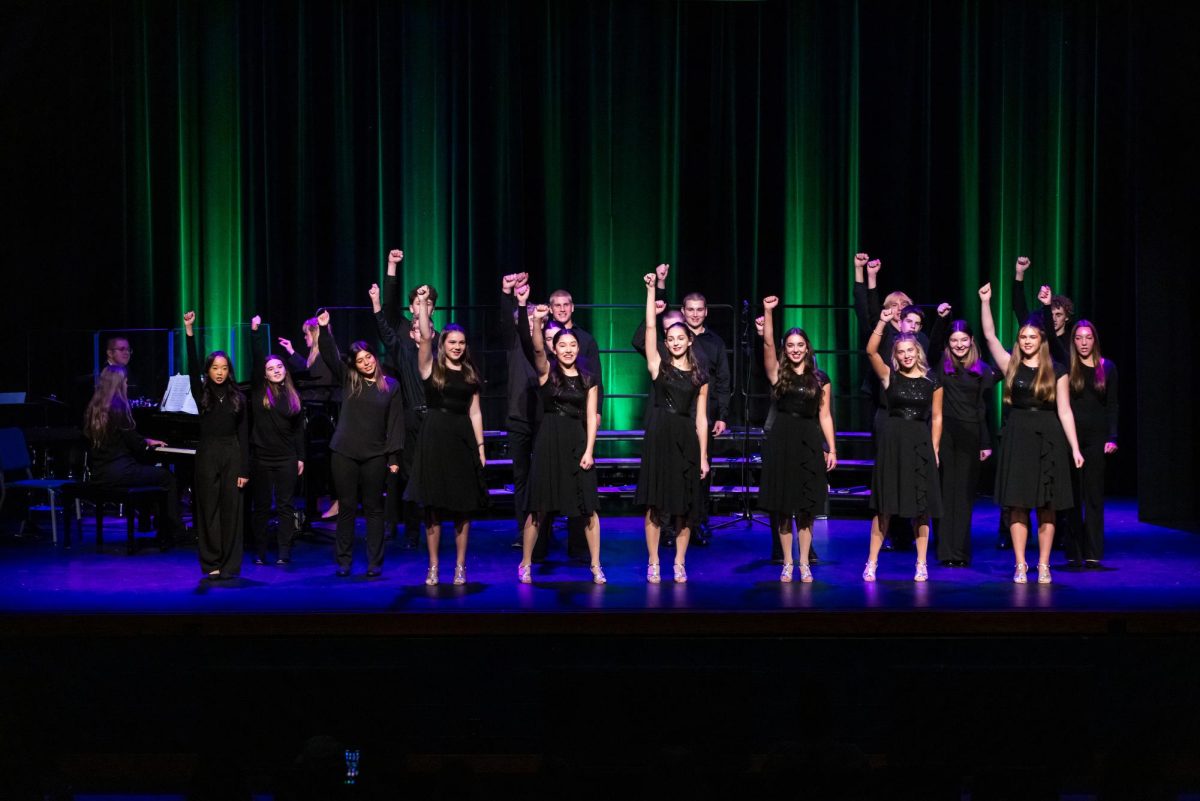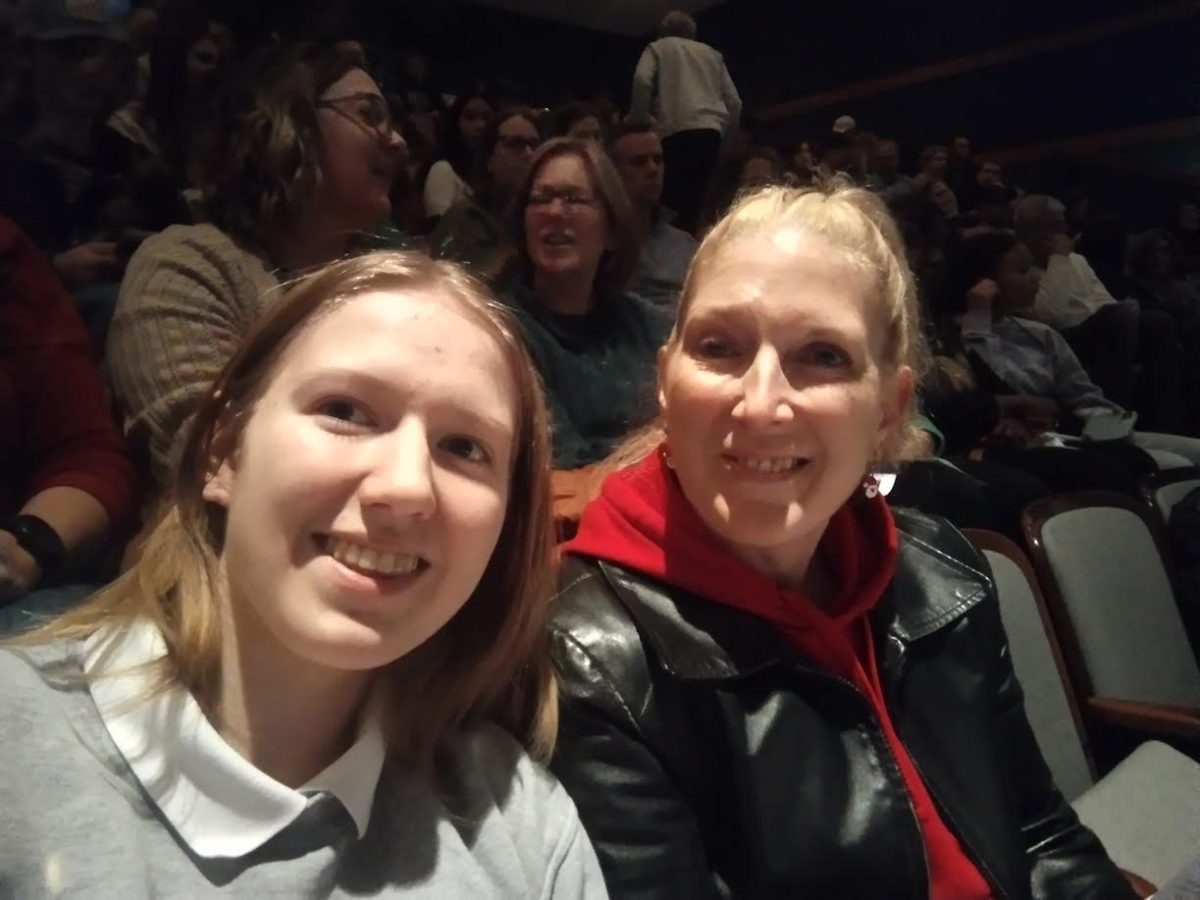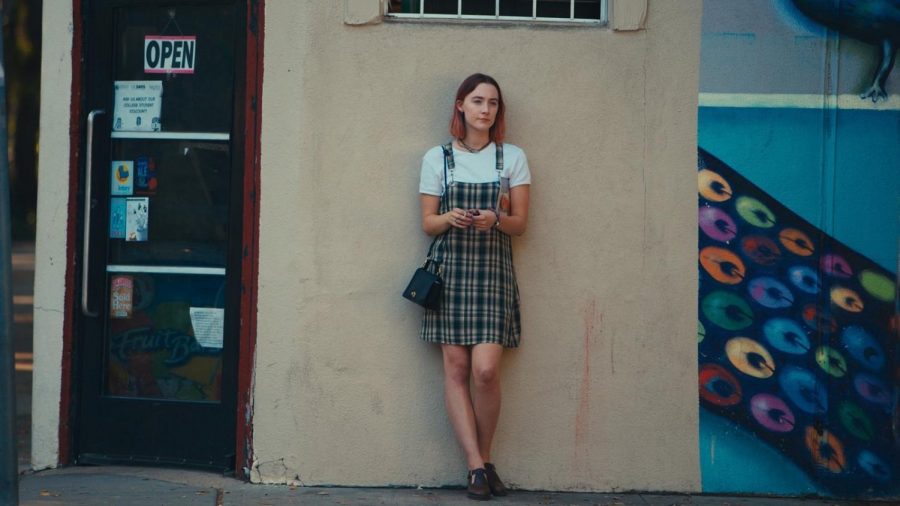Oscar-Nominated Movie a ‘Truthful Look at Young Adulthood’
February 6, 2018
Though the title may be misleading, Lady Bird, the film nominated for Best Picture at the Oscars, is not about Lady Bird Johnson.
Instead, Lady Bird is an honest coming-of-age film about a high school senior named Christine attempting to assert herself as a new phase in her life begins. Christine tries to own her own individuality by insisting that everyone–her friends, teachers and mother–call her “Lady Bird,” hence the movie’s title.
Simply put, I loved this movie. It was funny, heartbreaking and honest. Perhaps I especially responded to it as Lady Bird and I are in similar places in our lives: seniors in a Catholic high school contemplating crossing the country for college (her classmates even throw in a “Jesus in our hearts… forever!” just to really send it home for me).
This film was written and directed by a woman, Greta Gerwig–for whom the story was semi-autobiographical–and I could tell. Rarely have I seen a movie that so beautifully depicted a complicated mother-daughter relationship, or one with a female protagonist in which a romance was not the central theme.
Lady Bird and her mom went so easily from sharing a heartfelt moment to fighting and back again with a swiftness that often mirrors my own experience.
Lady Bird was, I thought, a very truthful look at young adulthood, complete with fights with mom, the pretentious boyfriend, and the itch to move forward while stuck in one place.
Though there are moments of extreme physical comedy (like when Lady Bird throws herself out of a moving car), the movie still feels strikingly authentic. She embarrasses herself, she laughs with her best friend at the high school dance, and she cries in the car to the Dave Matthews Band’s “Crash Into Me” as her heart breaks.
Lady Bird spends much of the movie rejecting parts of herself like her hometown, her family, even her name, but the audience gets to watch her grow. A big part of this growth is Lady Bird’s realization of the complicated lives that everyone outside of her lives.
While focusing on Lady Bird herself and her own problems, the movie also reflects her growth as it begins to examine the struggles that secondary characters have to face, beginning to explain and shape Lady Bird’s interactions with them.
Overall, I thought Lady Bird was a beautiful film. I laughed, I cried, and I’ve already quoted it more than once with my friends. Though there are lots of excellent films up for Best Picture this year, Lady Bird offers an experience that’s uniquely its own.








